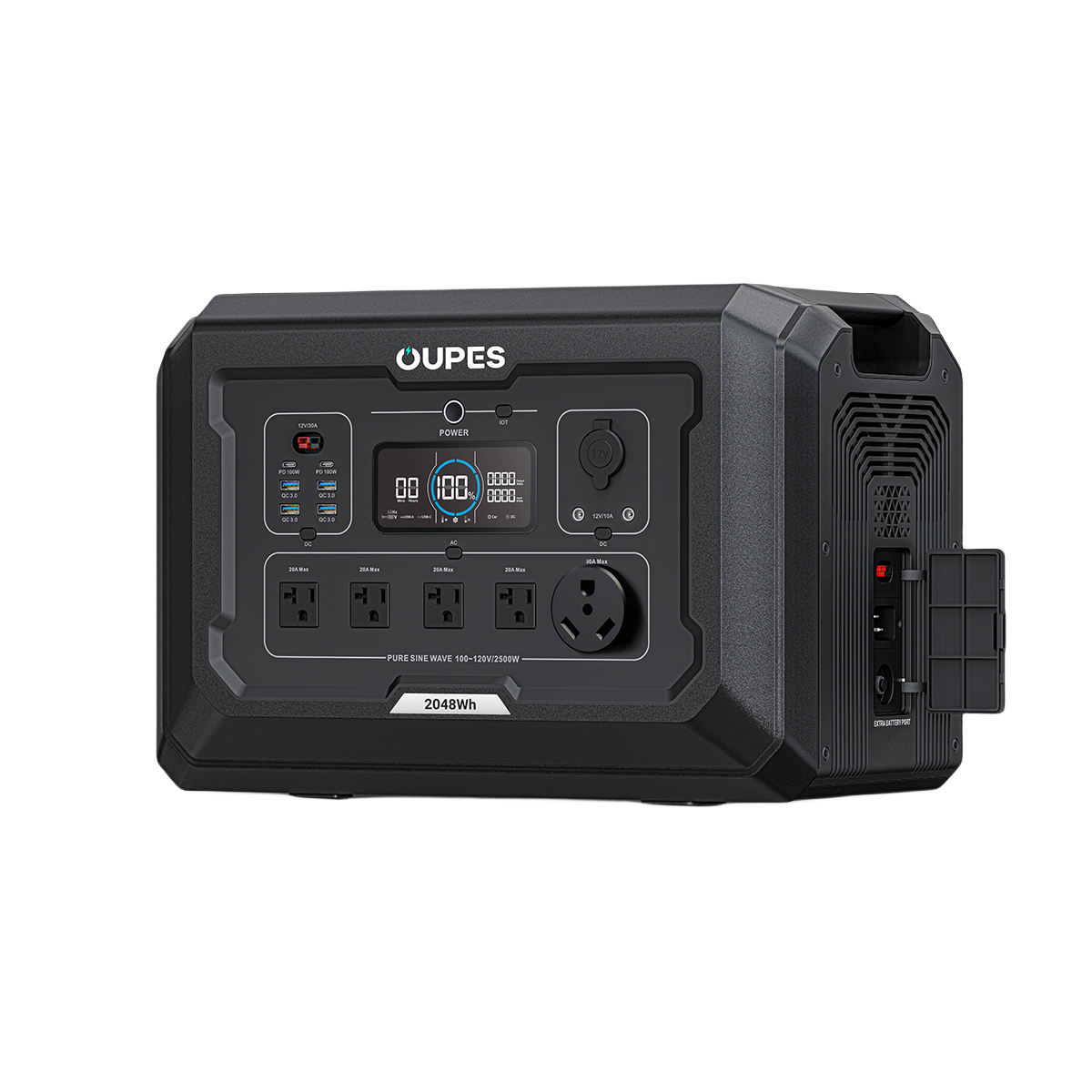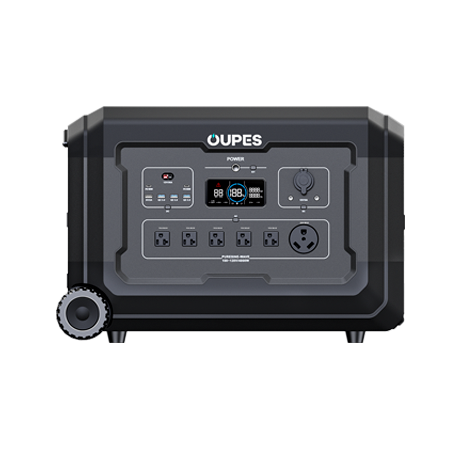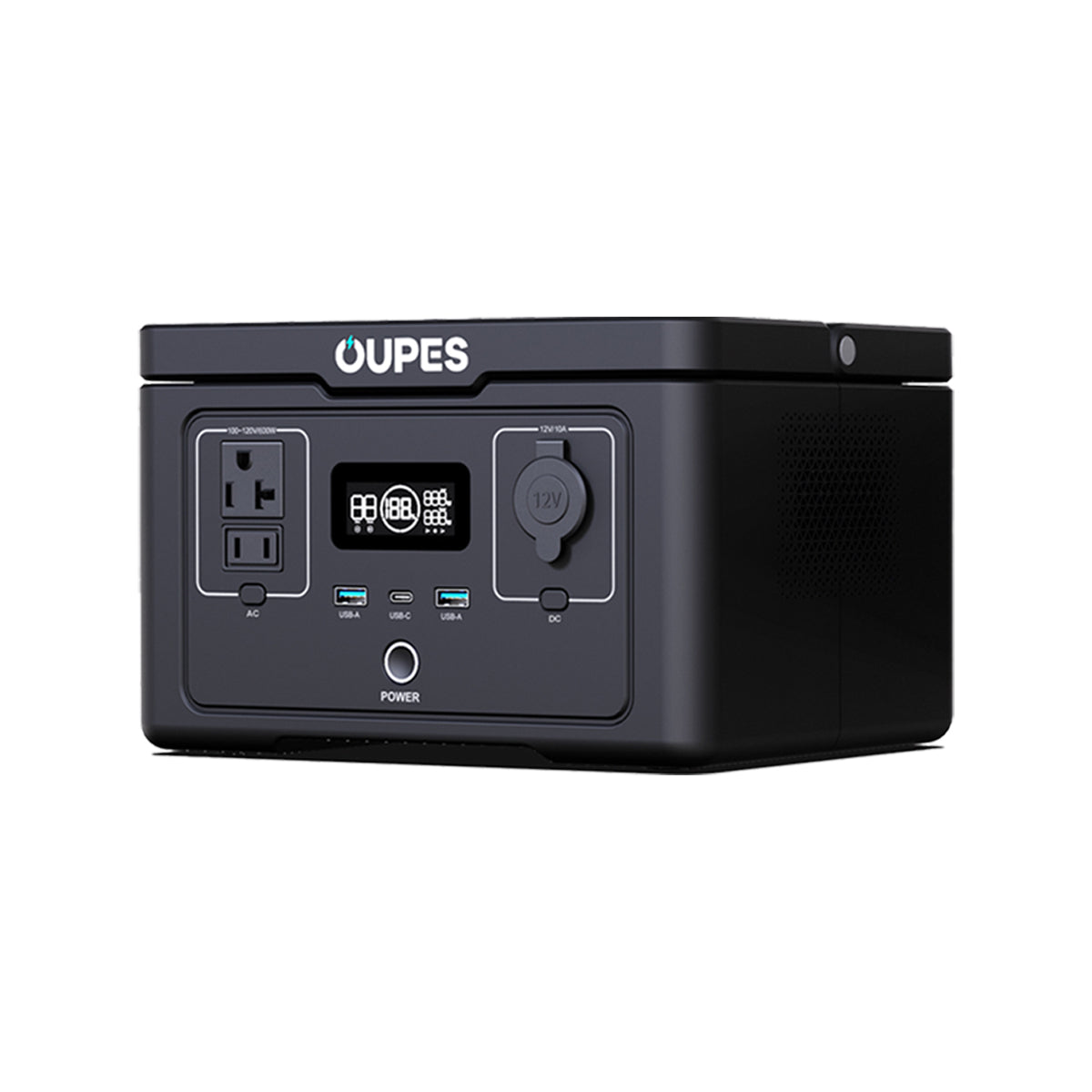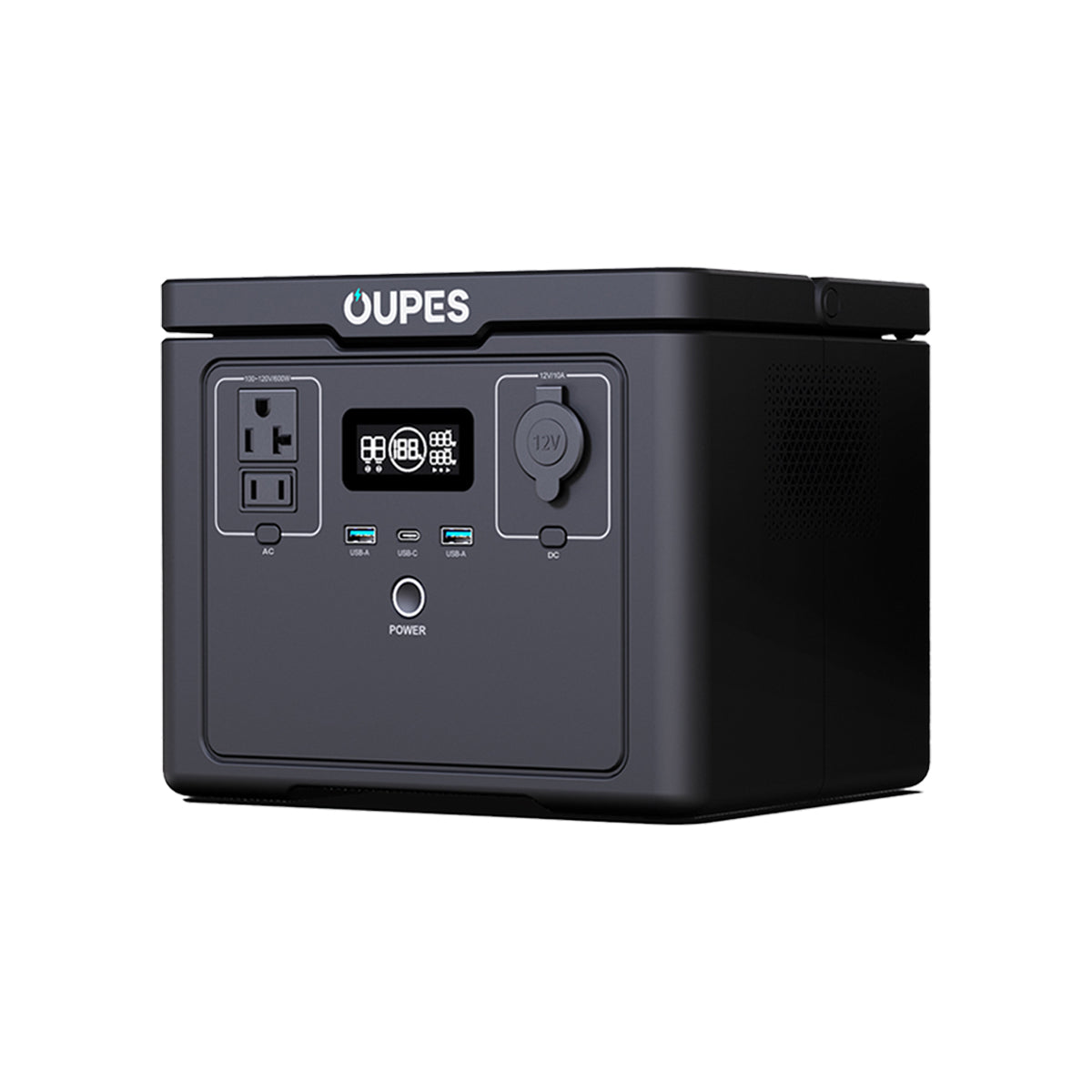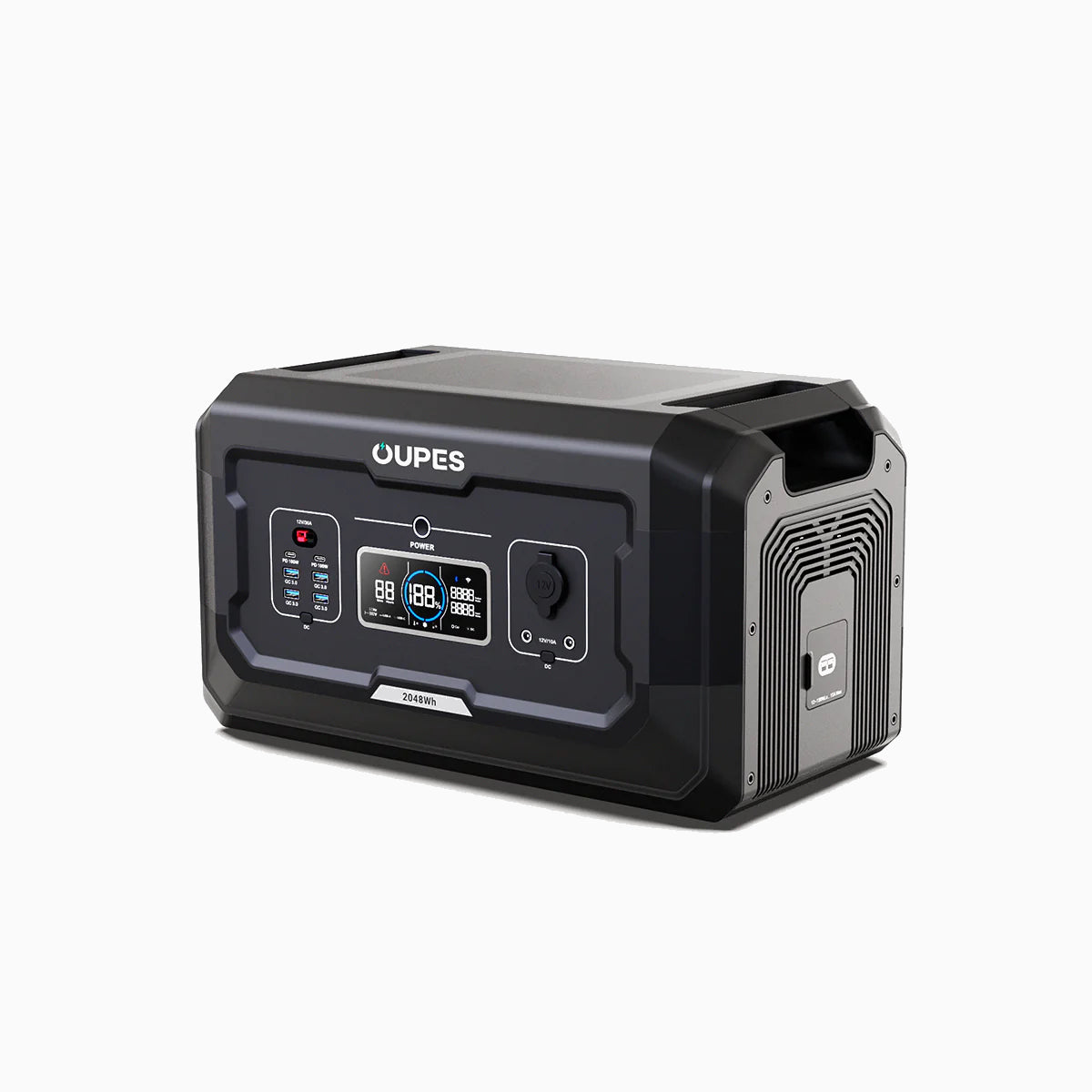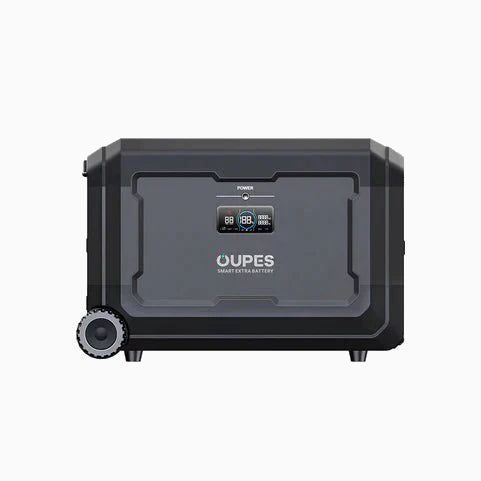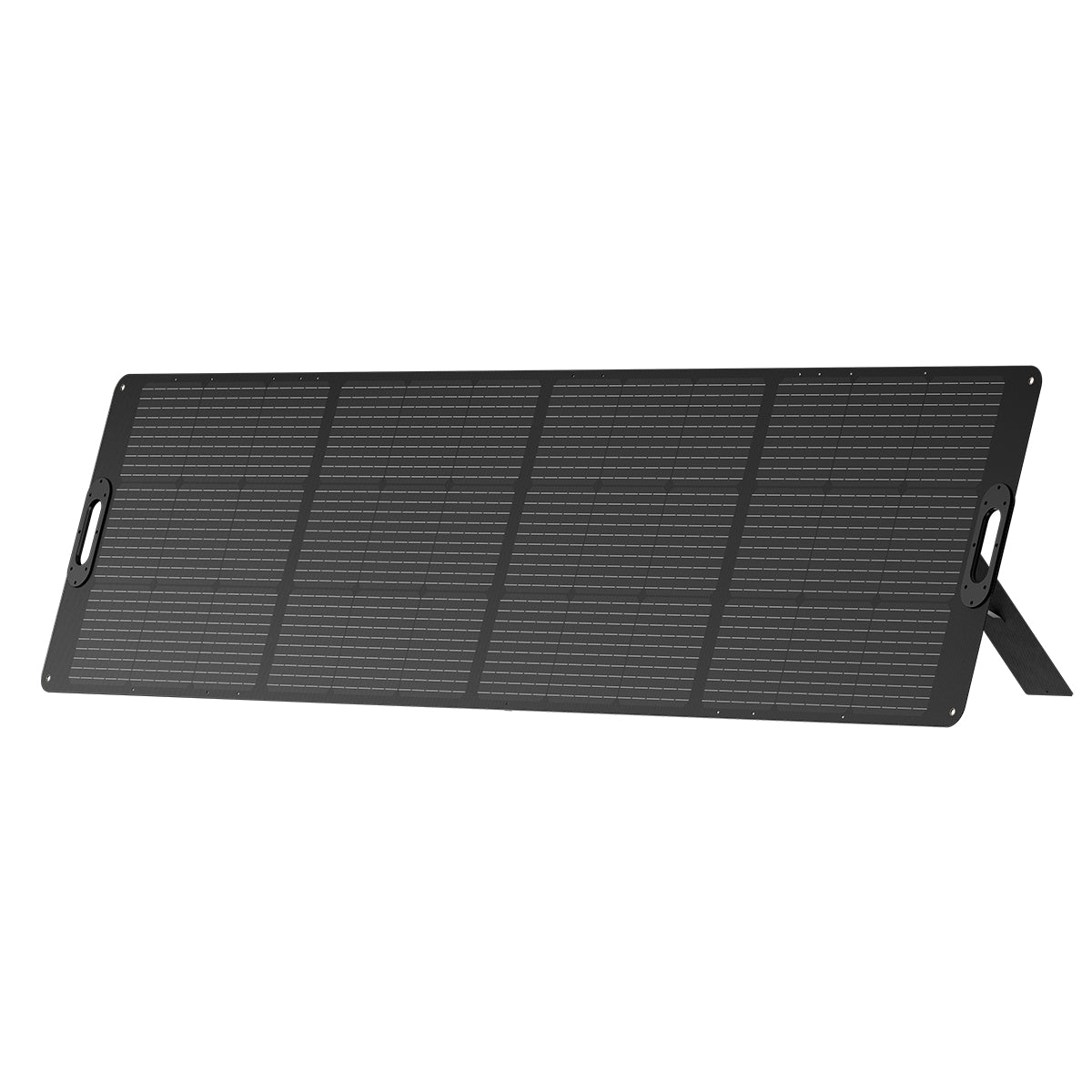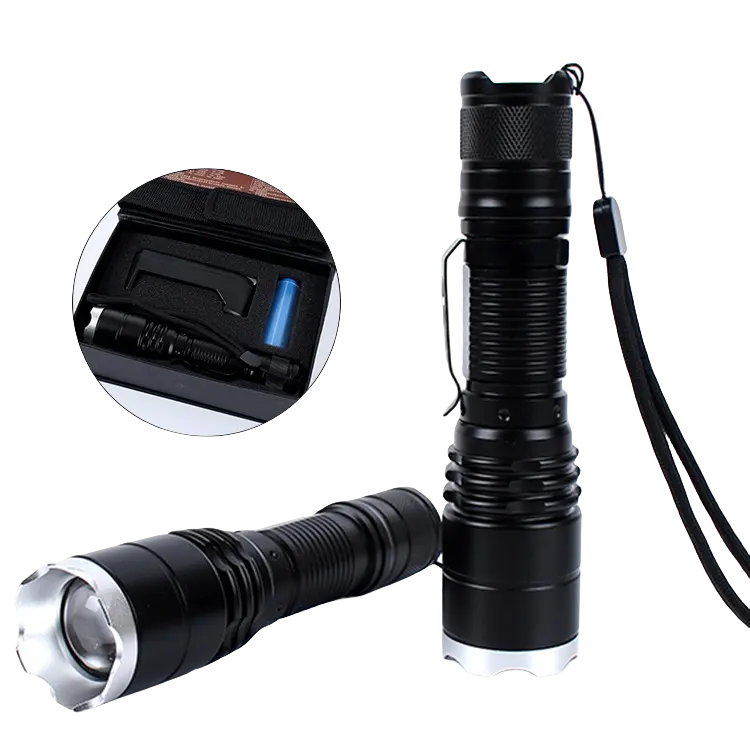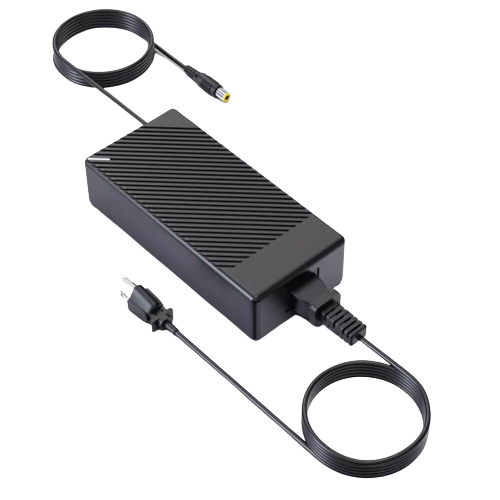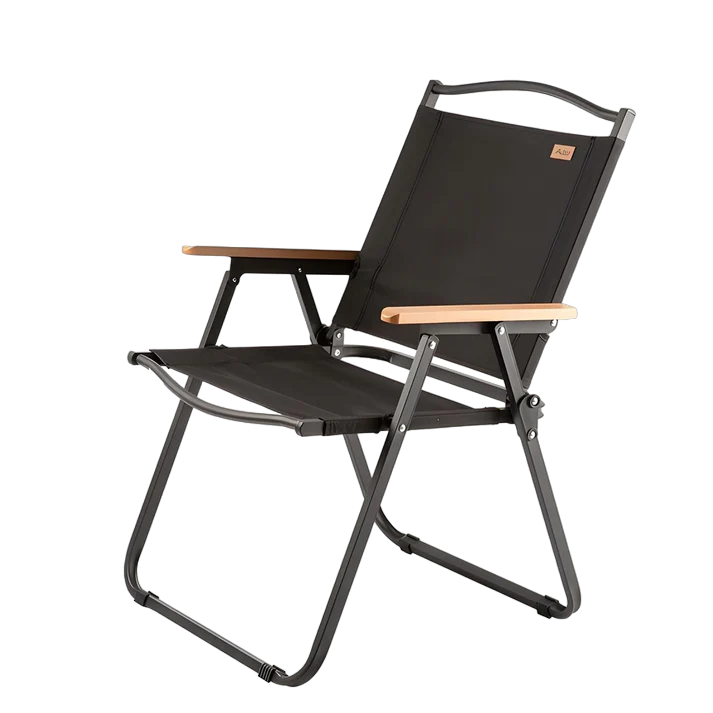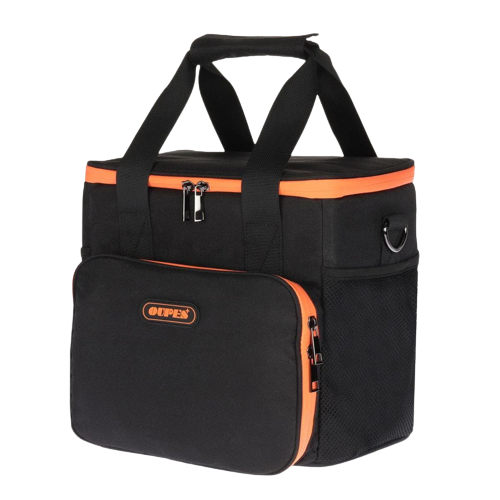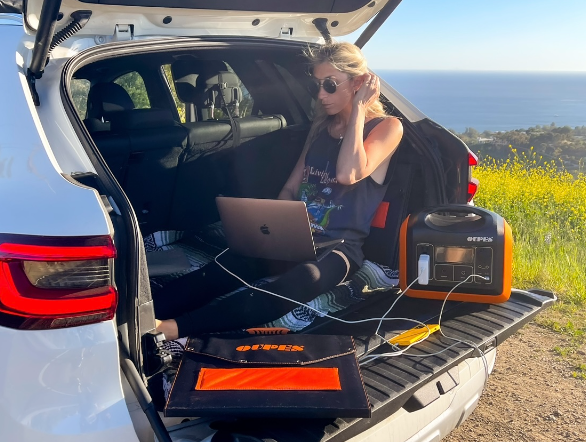Solar Panel For RV: A Beginners Guide To Going Solar
Thinking about adding solar panels to your RV but unsure where to start? Navigating the world of RV solar systems, including inverters and choosing the right solar panels, can be quite complex.
Why consider solar panel for your RV? They're a smart way to power your mobile home, especially if you enjoy off-grid camping or boondocking, freeing you from the need for conventional power sources. By installing a well-designed solar setup in your RV or camper, you can power everything from lights to appliances, and even your air conditioning system, no matter where you are.
No matter how big your RV is, It's important to understand the details before you invest in solar panels.
What Are RV Solar Panels?
Back in the 1800s, scientists stumbled upon a curious phenomenon they called the photovoltaic effect. This mystery unfolded when certain materials, once hit by sunlight, started creating an electric charge and current.
The early attempts to build 'solar engines,' a term used for these early devices, began around this time. However, these first trials weren't very effective. A major breakthrough came in the 1950s when it was discovered that silicon, a basic element found in sand, could be used to make highly efficient solar panels.
This discovery was a turning point, leading to the development of solar cells capable of converting sunlight into electrical energy. This fundamental concept has remained unchanged, despite continuous technological advancements.
Think of a solar panel as a complex array of photovoltaic cells, each capturing sunlight and converting it into electricity. This electricity is not just a theoretical idea; it powers homes, fuels businesses, and runs everyday gadgets. From coffee makers to the solar-paneled recreational vehicle in your driveway, designed especially for leisure use, solar energy has become a part of our daily lives.
How Do RV Solar Panels Work?

Envision a scenario: perched atop your itinerant abode, a duo of solar collectors bask in the solar embrace. Traversing myriad landscapes or stationary in the sun's domain, these panels capture the sun's brilliance. As the sun's rays, on their astral journey, kiss these collectors, photovoltaic cells, akin to vigilant guardians, voraciously drink in energy from our star's radiance.
Within the confines of these solar harvesters, a maze of circuits with finesse transmutes the solar treasure into an electrifying stream. This flow, meandering through conductive pathways, reaches a charge controller. This device, with meticulous care, governs the electric torrent to the storage cell.
The solar boon undergoes alchemy into direct current (DC) power, diligently energizing your RV's domestic battery. This process, akin to ensnaring sunbeams, hoards energy for later use in powering various apparatuses and gadgets within your nomadic residence, or for recharging your devices at leisure.
This crafted DC power, commonly at 12 volts, is the lifeblood of your RV’s lighting, appliances, and electronic accoutrements. Yet, those contrivances yearning for 120 volts anticipate a transformation. An inverter, a device of subtle craft, takes this 12-volt DC and, as if by sorcery, morphs it into 120-volt alternating current (AC) electricity. This type of power mirrors that in traditional homes, essential for operating devices akin to a coffee brewer.
Scattered throughout your mobile sanctuary are 120-volt outlets, yet they lie dormant unless vivified by a generator or connected to external power sources. In the wilds, detached from civilization's clutches, you can still tap into the solar essence through a sequence: solar panels to charge controllers to batteries, and through the inverter. Behold, 120-volt electricity at your beck and call!
Theoretically, there are no limits to the use of the sun. If you're looking to embark on a solar journey for your RV, OUPES portable solar panels are an excellent choice. They are made of lightweight monocrystalline silicon. The OUPES 100W portable solar panel weighs only 12.8 pounds, making it easy to carry and transport, operates efficiently, has a long service life, and is good at collecting solar radiation. The potential to power any device with solar energy is within reach!
How Many Solar Panels Do I Need To Run My RV?
Begin your journey by determining the power needs of your recreational vehicle. The solar panels used for RVs are measured in watts. You need to figure out the wattage or watt-hours needed for each device you want to power with solar panels, like your fridge, microwave, communication devices, TV, etc.
In short, for each appliance in your RV that uses electricity, it's crucial to carefully calculate its power consumption.
Calculating Watt Use

To determine the power consumption of your device, one effective method is to ascertain the amperage (or wattage) displayed on your equipment. This entails a conversion to watts. If an appliance only indicates amperes, it is necessary to perform a multiplication with volts to obtain the wattage.
For instance, take a 120-volt rice cooker with a current draw of 3 amperes. The calculation would involve multiplying 120 by 3, resulting in a total of 360 watts.
After establishing the wattage for each device, proceed to calculate the duration of daily usage and multiply it by this timeframe to obtain the daily wattage expenditure, or watt-hours.
As an example, let's say you use the aforementioned rice cooker for half an hour, which is equivalent to 0.5 hours. The calculation in this scenario would be to multiply 360 watts by 0.5, resulting in 180 watt-hours.
Calculating the Number of Solar Panels Needed
Upon determining your wattage requisites, the subsequent step involves ascertaining the requisite quantum of RV solar panels, more precisely, the wattage essential for your solar setup.
Contrary to popular belief, a 100-watt solar panel does not yield 800-1000 watts of energy across a span of 8-10 hours of sunlight. This assumption leads to a path of disillusionment.
An astutely conservative guideline suggests that for each 100-watt solar panel, one may anticipate an accumulation of approximately 350 watts daily. This is influenced by variables such as meteorological conditions, optimal solar exposure/angle, and panel efficiency.
Consider this scenario: You possess a mobile phone that necessitates 5 watts for a one-hour charge, a rice cooker consuming 360 watts in half an hour, and a blow dryer that expends 1500 watts in a mere six minutes.
Calculations are as follows:
Mobile Phone: 5 watts (power) × 1 hour (duration) = 5 watts consumed
Rice Cooker: 360 watts (power) × 0.5 hours (duration) = 180 watts consumed
Blow Dryer: 1500 watts (power) × 0.1 hours (duration) = 150 watts consumed
Aggregate Total:
5 watts (phone) + 180 watts (rice cooker) + 150 watts (blow dryer) = 335 watts per day
Based on this example, one OUPES 100W portable solar panel is enough to charge your battery and power your devices every day. If you have more energy consumption needs, the OUPES 240W portable solar panel is a good solution. It boasts an impressive efficiency of 22%, featuring an open circuit voltage of 24.6 volts and a working current of 11.7 amperes. It is designed to function continuously, day and night.
Your RV will be able to support more energy-consuming equipment, such as air conditioners, refrigerators, etc. And when used with the OUPES solar generator, It’s a great companion for your RV trip or camping trip. With an impressive 2048Wh capacity and a powerful 2500W AC output, our portable power station is designed to power a variety of appliances with ease, the OUPES Mega 2 Solar Kit: 2048Wh Generator + 2x240W Panels can run a refrigerator for at least 5 hours, effectively catering to your RV's power requirements.
What Else Do I Need For My RV Solar Panels?

When setting up your RV for solar power, simply installing solar panels isn't enough. You'll also need a few more key pieces:
- Battery Bank
- Inverter
- Charge Controller
These elements are critical to a complete and efficient solar system in your RV.
Battery Bank
In the domain of solar energy storage, batteries play a pivotal role as vital reservoirs for the electrical energy harnessed by solar panels. This stored power assumes paramount importance during periods bereft of sunlight, such as the nocturnal hours or episodes of inclement weather.
It is a prevalent misconception that solar panels directly energize electronic devices; in actuality, they serve to charge the batteries, which, in turn, serve as the primary conduits of power for your devices.
Batteries, commonly available in 24-volt or 12-volt configurations, are typically quantified in terms of Amperage or Amp-hours (Ah). The judicious selection of batteries involves choosing ones with a capacity substantial enough to sustain all your devices and appliances for a minimum of a couple of days. This strategic foresight guarantees uninterrupted functionality even during periods of diminished or absent solar illumination.
To determine the requisite battery capacity, a straightforward yet pivotal calculation comes into play: dividing the number of watts by volts provides the necessary amperage.
Inverter

An inverter charger exhibits a remarkable transformation, converting DC electricity sourced from solar arrays into AC electricity, seamlessly integrating with your RV's electrical system. Additionally, this device boasts the capability to convert AC electricity back into its DC form, effectively recharging your batteries.
To determine the appropriate inverter size for your specific requirements, a valuable heuristic involves aggregating the total wattage in use at any given moment and then increasing it by a factor of 1.25.
Charge Controller
As you explore sustainable energy options, one key element is the charge controller, also known as a charge regulator. This device is crucial for ensuring that electricity flows in one direction. It efficiently channels the energy collected from your solar panels into your battery storage system.
Moreover, the charge controller is vital in monitoring and preventing risks. It actively prevents problems like overcharging or deep discharging of the battery, which can lead to permanent damage to your energy storage system.
Is Installing RV Solar Panels Worth It?

Your question touches on a deeply personal choice. Deciding whether to install solar panels on your RV or camper involves weighing both time and money.
For those drawn to a self-sufficient, wandering way of life, solar panels are a great asset. They enable:
- A shift to a more remote, less conventional RV lifestyle. Solar power reduces reliance on standard campground power sources.
- A greener, more eco-friendly method of getting power.
- Enjoyment of the quiet, gentle nature of solar power collection, a stark contrast to the constant noise of a fuel generator.
Conclusion
To sum it up, adding solar panels to your RV is a great way to have a sustainable and self-sufficient power source. This is perfect for those who love the freedom of traveling independently.
Setting up a solar panel system in your RV, which includes solar cells and essential equipment like a battery bank, inverter, and charge controller, turns sunlight into usable electricity for your vehicle.
RV enthusiasts who use solar power can reduce their reliance on traditional power sources, commit to being more environmentally friendly, and enjoy the peace of mind that comes with off-grid living. This also means keeping all the vital systems in your RV powered up.
For beginners in solar energy, OUPES is an excellent option. A little bit of research, some time investment, and a wise choice in equipment can significantly enhance your RV travel experience.

